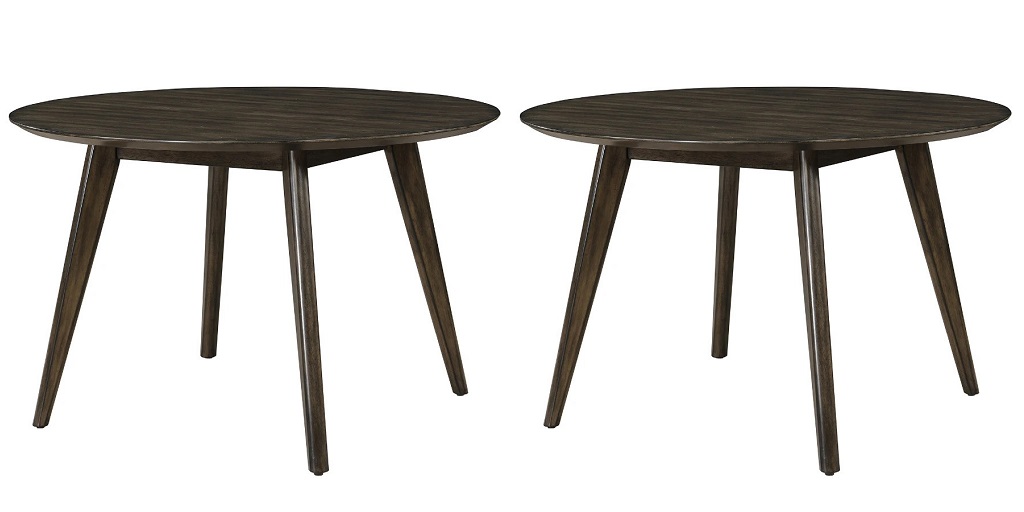
Upgrading your heating system? Our Boiler Installation Guide provides a complete breakdown of the process, from choosing the right boiler to ensuring it’s safely and professionally installed. Whether you’re replacing an old unit or installing one for the first time, this guide walks you through everything you need to know to make smart decisions and keep your home comfortable year-round.
What is a Boiler?
A boiler is a vital component of many home heating systems. It heats water, which then circulates through radiators or underfloor heating to warm your home. Boilers can be powered by gas, oil, electricity, or even renewable energy sources. The right boiler type and size depend on your home’s needs, existing infrastructure, and budget.
Types of Boilers
Before diving into installation, understand the different types of boilers available:
- Combi Boilers: Compact and efficient, combining heating and hot water in one unit.
- System Boilers: Ideal for homes with more than one bathroom. They use a cylinder for hot water storage.
- Conventional Boilers: Best for large homes with traditional heating systems and multiple bathrooms.
Each type has pros and cons, so consider factors like space, water usage, and heating demand.
Choosing the Right Boiler
When selecting a boiler, keep the following in mind:
- Size of Your Home: Larger homes may need a more powerful boiler.
- Hot Water Demand: High-demand households may benefit from a system or conventional boiler.
- Energy Efficiency: Choose a boiler with an A-rated efficiency label to save on energy bills.
- Fuel Type: Consider availability and cost—gas is common, but oil and electric boilers are alternatives.
Preparing for Installation
Preparation is crucial to a smooth boiler installation:
- Assess Your Existing System: A heating engineer will inspect your current setup.
- Select the Boiler Location: Modern boilers are smaller and can be wall-mounted in kitchens or utility rooms.
- Plan for System Upgrades: Older systems might need new pipework or radiators to accommodate a modern boiler.
Boiler Installation Process
Hiring a qualified professional is essential for safe and compliant installation. Here’s what to expect:
- Removal of Old Boiler: The installer will safely disconnect and remove the old unit.
- Upgrading Pipework or System: If necessary, existing infrastructure will be updated.
- Installing the New Boiler: The new unit is connected to the heating and hot water system.
- System Testing: Engineers run multiple tests to ensure everything operates efficiently.
- Demonstration & Handover: You’ll receive a manual and explanation on how to use the new boiler.
Always ensure your installer is Gas Safe registered or OFTEC certified (for oil boilers).
Post-Installation Checks
Once the boiler is in place:
- Check your Boiler Installation Certificate, which is necessary for home insurance and future selling.
- Register the warranty within 30 days.
- Schedule regular servicing to keep the boiler running efficiently and safely.
Cost of Boiler Installation
The cost varies based on the boiler type, system upgrades, and labour. On average:
- Combi boiler installation: £1,500–£3,000
- System boiler installation: £2,000–£4,000
- Conventional boiler installation: £2,500–£5,000
Request quotes from at least three engineers for the best deal and check reviews for reliability.
Energy Efficiency and Savings
Modern boilers are much more efficient than older models, offering potential energy savings of up to 30% annually. Smart thermostats and proper insulation can enhance savings even further. Look for models compatible with smart home heating controls for maximum efficiency.
Final Thoughts
A well-planned and professionally executed Boiler Installation ensures long-term performance, safety, and energy savings. Whether you’re dealing with an ageing system or building a new home, the right boiler setup can drastically improve your comfort and lower your bills. Use this guide to navigate the options and get expert help when needed.
Frequently Asked Questions
How long does a boiler installation take?
Typically, a standard boiler replacement takes 1 to 2 days. Complex installations involving system upgrades can take up to 3 days.
Can I install a boiler myself?
No. Boiler installation must be done by a Gas Safe registered or OFTEC-certified professional. DIY installation is illegal and dangerous.
How do I know which boiler is right for my home?
Consider your home’s size, number of bathrooms, and heating demand. A heating engineer can recommend the best option after an assessment.
How often should a boiler be serviced?
Boilers should be serviced annually to maintain efficiency, and safety, and keep the warranty valid.
What does the boiler warranty cover?
Most warranties cover parts and labour for 2–10 years, depending on the manufacturer. Terms vary, so read the fine print carefully.






